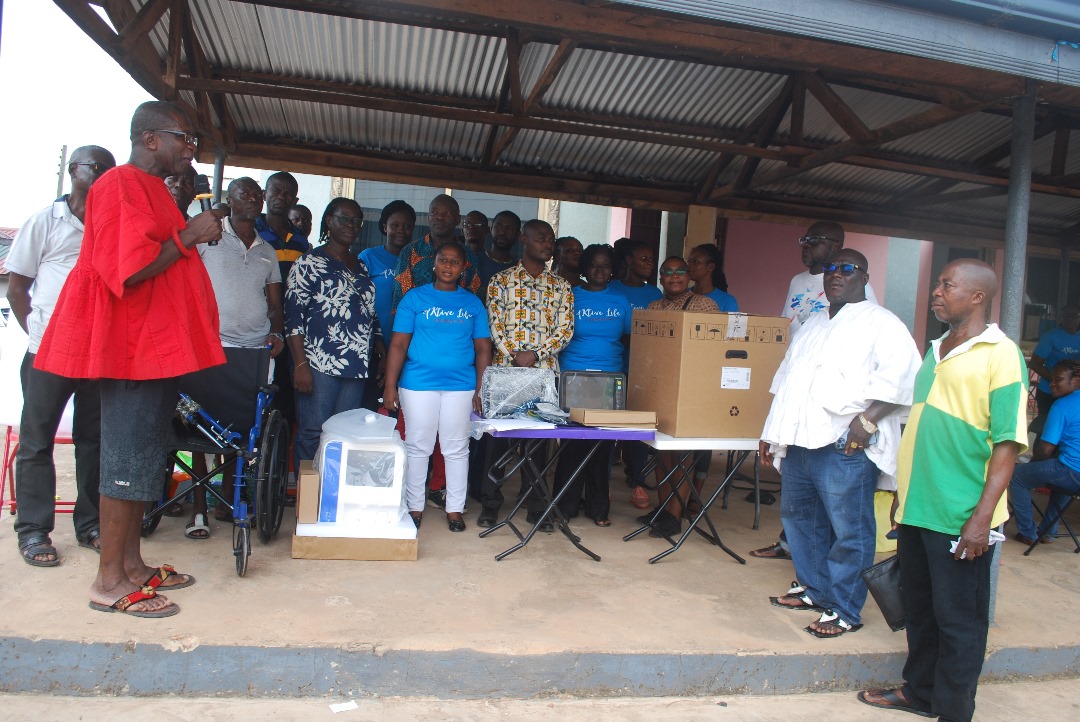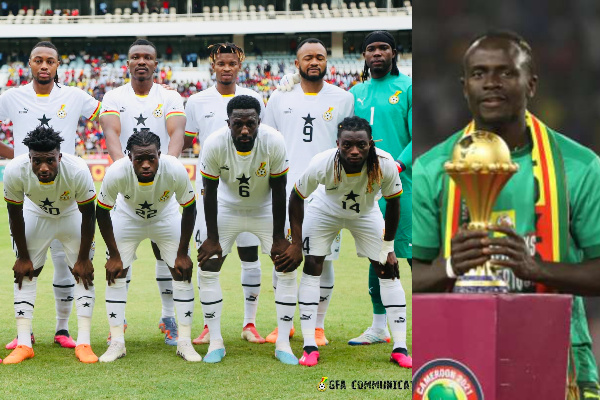My 10 football fields of maize farm is gone – The forgotten Bagre dam crisis
1994. 2006. 2007. 2018
Four times, floods have destroyed the farm of 45-year-old Vincent Atinga. “This year is very worse”, he told Myjoyonline.com after nine days of flooding from Burkina Faso.
His 9.5 acre maize farm in Pwalugu in the Upper East Region is completely gone. Picture that as 10 football fields.
“I could not even get one single corn,” the middle school leaver forced to leave his farm in the middle of the planting season.
Mr. Atinga is a victim of what has become a forgotten disaster in Ghana. For 19 years, the spilling of the Bagre dam in Burkina Faso has artificially created a Ghanaian problem where villagers flee their homes and farmers are furious that their farms have been flattened.
The rains delayed in 2018 and farmers hopeful that the dam will not be filled excessively, planted maize and veggies in June. They were happy when the rains finally came in August.
But by August 9, their countenance changed as the tempo of the rains changed. It had gotten torrential. They were still hoping that as long as it just rains on their farms the situation would not be so bad.
But the local problem got international as the 235 metre Bagre dam which supplies 10% of Burkina Faso’s electricity had its fill. It was time to spill.
On August 31, 2018, the dam was opened.
If the dam was opened three weeks from August 31, his ripe maize farm would have been ready to fill 60 bags of maize weighing 100kgs each, he said.
This would have filled his pocket with at least 7,200 cedis.
But Burkina Faso authorities could not wait for three more weeks. The dam cannot hold anymore beyond 235 meters of water.
The 45-year-old farmer filled with hope that this farming season would fill his bags with maize and fill his pcoket with money, now has a farm filled with flood waters.
His farm had been experiencing torrential August rains before watery pressure from Bagre dam pounded down into his farm, compounding his problems.
He has five children of his own and five from extended family members living with him. With 10 mouths to feed, Mr Atinga said he faces hardship.
“I just know that this year I will suffer,” he said.
At least 300 farmers in his area have been affected. He explained they farm on the disaster-prone area because the land around the White Volta is very fertile.
His farm is 300 meters away from the water body. But it proved not to be far enough.
Vincent Atinga began farming in 1994 after he completed middle school and there was no hope to continue his education.
He said he began with an acre. The Bagre dam spillage washed it away. He now has 9.5 acre farm but 24 years later, the Bagre dam spillage has washed it away.
It’s déjà vu.
Source: Myjoyonline.com




